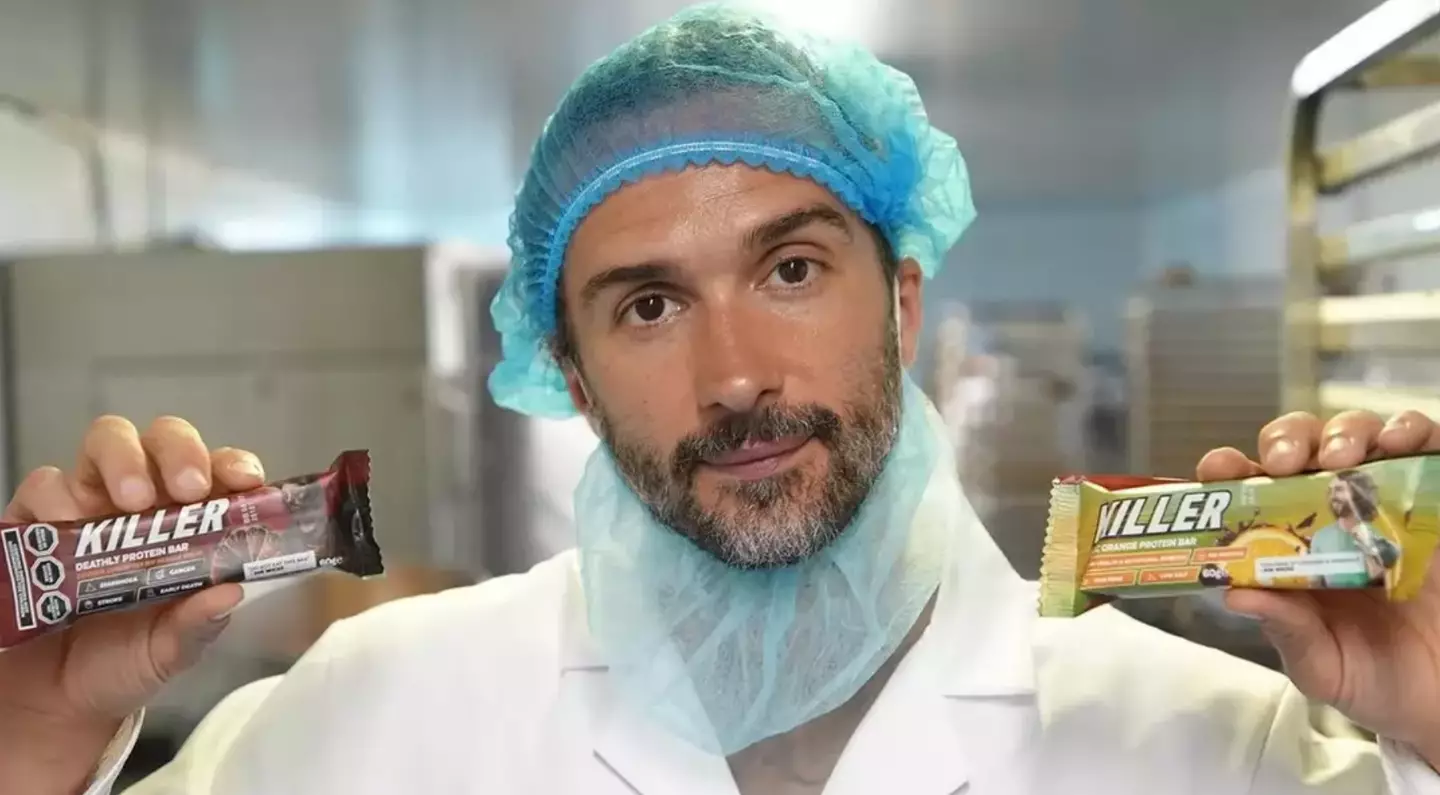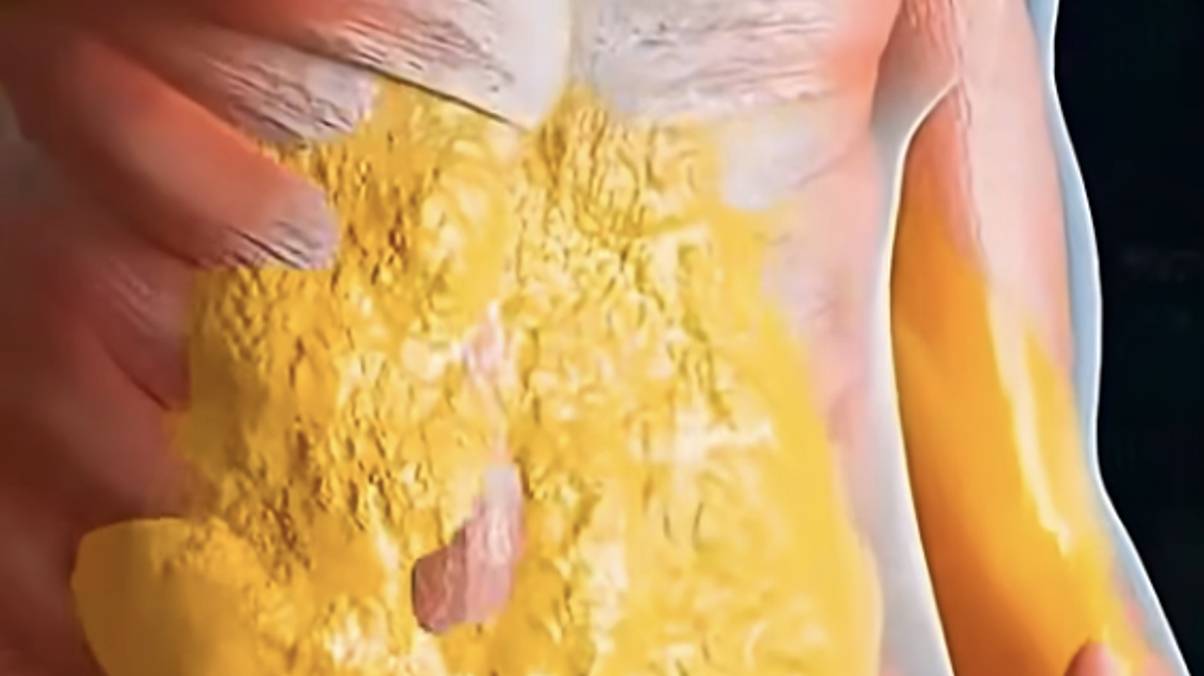The Shocking Truth Behind Ultra-Processed Food: Why It Might Not Be the Enemy After All
Joe Wicks just threw down the gauntlet in the snack aisle with his so-called Killer protein bar—yep, the one that’s supposedly capable of causing diarrhea, cancer, and even death. Dramatic? Absolutely. But is it really as sinister as it sounds? The fitness guru’s latest stunt, part of his Channel 4 documentary Joe Wicks: Licensed to Kill, has stirred up a fiery debate about ultra-processed foods (UPFs). While some experts slam him for demonizing a whole food group that many rely on, science is stepping in with a twist: it turns out, it might not be the ultra-processed label that’s the real culprit behind overeating after all. Could it be that our brains are playing tricks on our taste buds, giving sugary sweets and greasy snacks a free pass? Let’s unpack the surprising findings behind the hype, the hysteria, and the actual science of what makes us chow down a little too much. LEARN MORE
Joe Wicks ignited a war against ultra-processed foods after launching his controversial Killer protein bar, which can cause ‘diarrhoea, cancer and even death’, but is all as it seems?
The fitness influencer caused quite a stir when he announced his new protein bar as part of a campaign against food products labelled as ‘healthy’ that are laden with hundreds of ingredients that have been high processed.
While he admitted the stunt was all part of his documentary with Channel 4, Joe Wicks: Licensed to Kill – which airs tonight (6 October) – many experts have been quick to brand it harmful to demonise all ultra processed foods (UPFs) when they are a lifeline to so many people.
Correlations have been made between UPFs and obesity, Type-2 diabetes and certain cancers, however, researchers have been quick to point out that correlation doesn’t equal causation, and the lifestyle factors of people drawn to processed foods could be a bigger factor in poor health.

Joe Wicks launched the controversial Killer Bar as part of a new documentary (Channel 4)
Now, a group of scientists have looked into UPFs and overeating, and their findings have suggested they aren’t the real villain when it comes to over indulgence.
The Leeds-based team studied more than 3,000 adults in the UK, evaluating more than 400 everyday foods, from jacket potatoes and apples to noodles and custard creams.
They asked participants to rate how much they enjoyed each food and how likely they would be to overeat it. The researchers then cross-referenced these results with the foods’ nutritional content, ie fat, sugar, energy density, fibre and more, as well as whether it is considered to be an UPF.
Finally, they looked at how participants perceived that particular food, such as whether they considered it to be a healthy food or a fattening food.

Chicken nuggets are considered an ultra processed food (Getty Stock Images)
“Some findings were expected: people liked foods they ate often, and calorie-dense foods were more likely to lead to overeating,” the researchers wrote of the study, as per Science Daily.
“But the more surprising insight came from the role of beliefs and perceptions. Nutrient content mattered: people rated high-fat, high-carb foods as more enjoyable, and low-fiber, high-calorie foods as more ‘bingeable’. But what people believed about the food also mattered, a lot.”
The authors revealed that perceiving a food as sweet, fatty or highly processed increased the participants likelihood in overeating it, despite its actual nutritional content.
The team’s conclusion was that how we think about food affects how we eat it, just as much as what’s actually in it, which got them thinking about the ongoing UPF debate.
“Despite the intense scrutiny, classifying a food as ‘ultra-processed’ added very little to our predictive models,” they explained.

How we perceive foods impacts how we consume them (Getty Stock Images)
While the team admitted that not all UPFs are harmless, as many are ‘high in calories, low in fibre and easy to overconsume’, they argued the UPF label ‘lumps together sugary soft drinks with fortified cereals, protein bars with vegan meat alternatives’.
They continued: “Some of these products may be less healthy, but others can be helpful – especially for older adults with low appetites, people on restricted diets or those seeking convenient nutrition.
“The message that all UPFs are bad oversimplifies the issue. People don’t eat based on food labels alone. They eat based on how a food tastes, how it makes them feel and how it fits with their health, social or emotional goals.”
Joe Wicks: License to Kill airs on Channel 4 tonight at 8pm.




















Post Comment